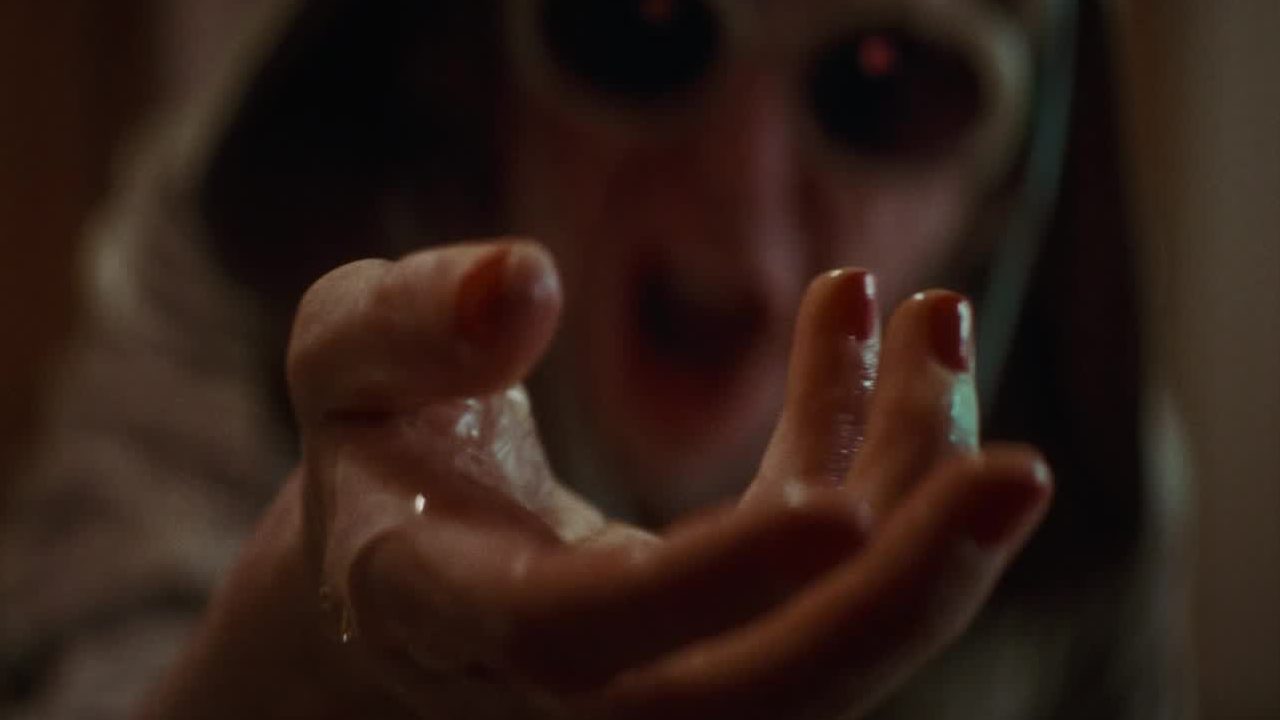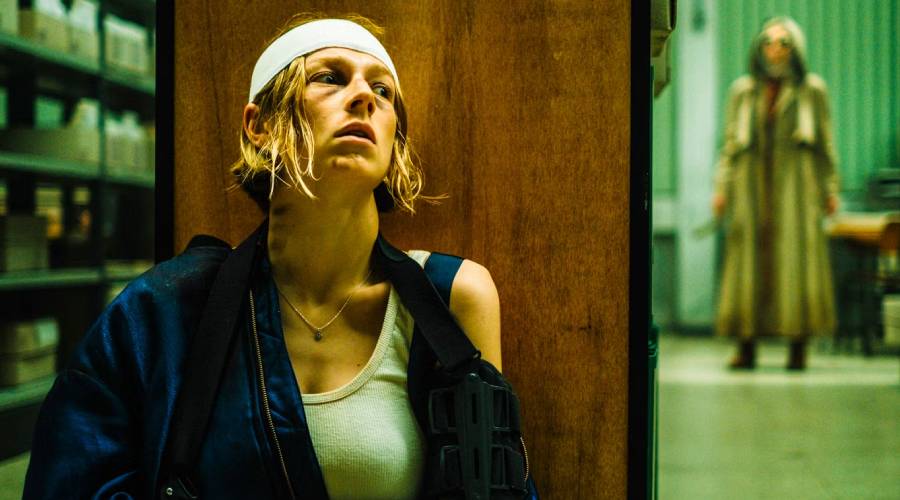Review of ‘Cuckoo’ – A High-Concept Horror Film Embracing the Strange and the Surreal
Tilman Singer, known for his avant-garde approach to horror, continues to push boundaries with his latest film, Cuckoo. In this daring follow-up to his debut, Singer explores profound themes such as grief, reproduction, and societal expectations through a uniquely inventive lens. The film’s departure from conventional storytelling and its embrace of the bizarre will likely divide audiences, but for fans of unconventional cinema, Singer’s creation offers a distinct charm.
The film opens with an enigmatic prologue that only gains clarity as the story unfolds. We then meet seventeen-year-old Gretchen (played by Hunter Schafer), a disaffected teenager whose sullen demeanor is evident as she is taken by her father, Luis (Marton Csókás), her stepmother Beth (Jessica Henwick), and her mute seven-year-old stepsister Alma (Mila Lieu) to a remote resort in the Bavarian Alps—where Alma was conceived. Gretchen is still reeling from her mother’s death, obsessively calling their old phone to leave messages for a lost connection.

Feeling alienated from her father’s new family and deeply unsettled by the unsettling resort owner, Mr. König (Dan Stevens), Gretchen struggles to fit in. Despite being offered a job at the resort’s front desk, her discomfort with Mr. König escalates, leading her to ignore his warnings about returning before dark. This sets the stage for eerie encounters with a mysterious, wailing woman.
Singer prioritizes atmosphere and emotional intensity over traditional narrative structure. He skillfully intertwines Gretchen’s personal turmoil with the unsettling events at the resort. Initially, Gretchen might seem like a stereotypical troubled teen, but her character reveals layers of profound grief and isolation. As Singer throws increasingly bizarre and harrowing obstacles her way, including significant physical trauma, Gretchen’s journey becomes one of survival amidst escalating horror and alienation. Her struggles are exacerbated by those around her, who misinterpret her distress as mere rebellion.

The strength of Cuckoo lies in its performances. Singer’s focus on thematic depth and emotional resonance often leads to a neglect of plot details, which may frustrate those who seek a more conventional narrative. Key supporting characters frequently fade into the background as the film progresses, and some plot developments are left unexplored in favor of maintaining momentum. However, Hunter Schafer’s compelling portrayal of Gretchen, balancing Singer’s quirky humor with emotional depth, makes the film more accessible despite its unconventional storytelling.
Dan Stevens shines as the enigmatic Mr. König. His portrayal of the character is both disarming and captivating, showcasing his talent for quirky roles. As Mr. König reveals more of his true nature, Stevens’ performance becomes increasingly thrilling. While Mr. König serves as a significant antagonist, the film also introduces a truly bizarre creature linked to the title. Though Singer withholds detailed explanations until later, the film’s unsettling imagery, including ominous use of vaginal discharge, adds to its unique horror experience.
Cuckoo stands out for its imaginative world-building and tense, cat-and-mouse sequences. Its playful and unpredictable approach to horror cements its place in the realm of offbeat cinema. The film’s unconventional nature and its engaging, albeit chaotic, finale make its narrative omissions easier to overlook. Ultimately, Cuckoo thrives on the strength of its lead performances and its bold, inventive storytelling.
